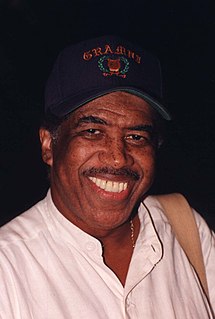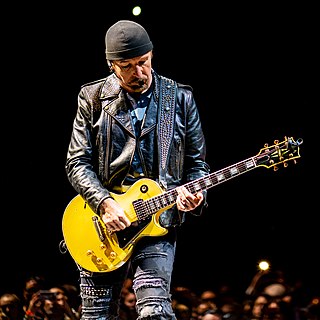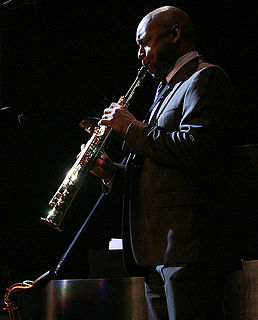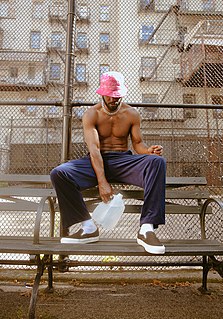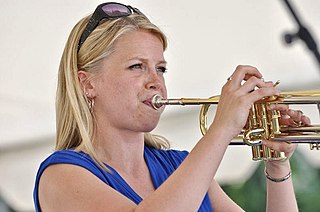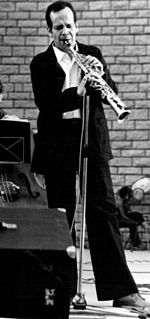A Quote by Duke Ellington
The word [jazz] never lost its association with those New Orleans bordellos. In the 1920s I used to try to convince Fletcher Henderson that we ought to call what we were doing 'Negro music'. But it's too late for that now.
Related Quotes
In New York, I was excited about the music in New York because the only music that I was more or less involved with in the South was either country and western or hillbilly music as we used to call it when I was a kid and, ah, gospel. There was no, there was no in between. And when I got to New York all the other musics that's in the world just came into my head whether it was the classics, jazz, I never knew what jazz was about all, had heard anything about jazz.
Of course we've lost so many superstars who've made jazz what it is. We've lost so many musicians who created new things and changed the way we think about music and who took jazz to a new level. So jazz is suffering from that. But we still have a lot of incredible people playing jazz in the world. We have a lot of people leading the way.
It's amazing being a member of perhaps the last analog generation - being born in the late '40s, growing up in the '50s and '60s, when it was still a very analog world. And in New Orleans those days, the country was just next door, as it were. You didn't have to travel miles and miles to get out in the woods. There's tons of fishing, obviously, in New Orleans, and tons of hunting. That was part of the cycle of life, to get fresh meat from the butcher or go duck hunting and get it yourself. It wasn't malicious or insensitive. It was just there, and you used it.
I want people to feel what it was like in the '40s. That's when popular music in the United States was so beautiful. Frank Sinatra, the Pied Pipers, Duke Ellington, Fletcher Henderson, Tommy Dorsey, Billie Holiday. That's when popular music had deeper values, to me. This was music that was selling millions of records.


